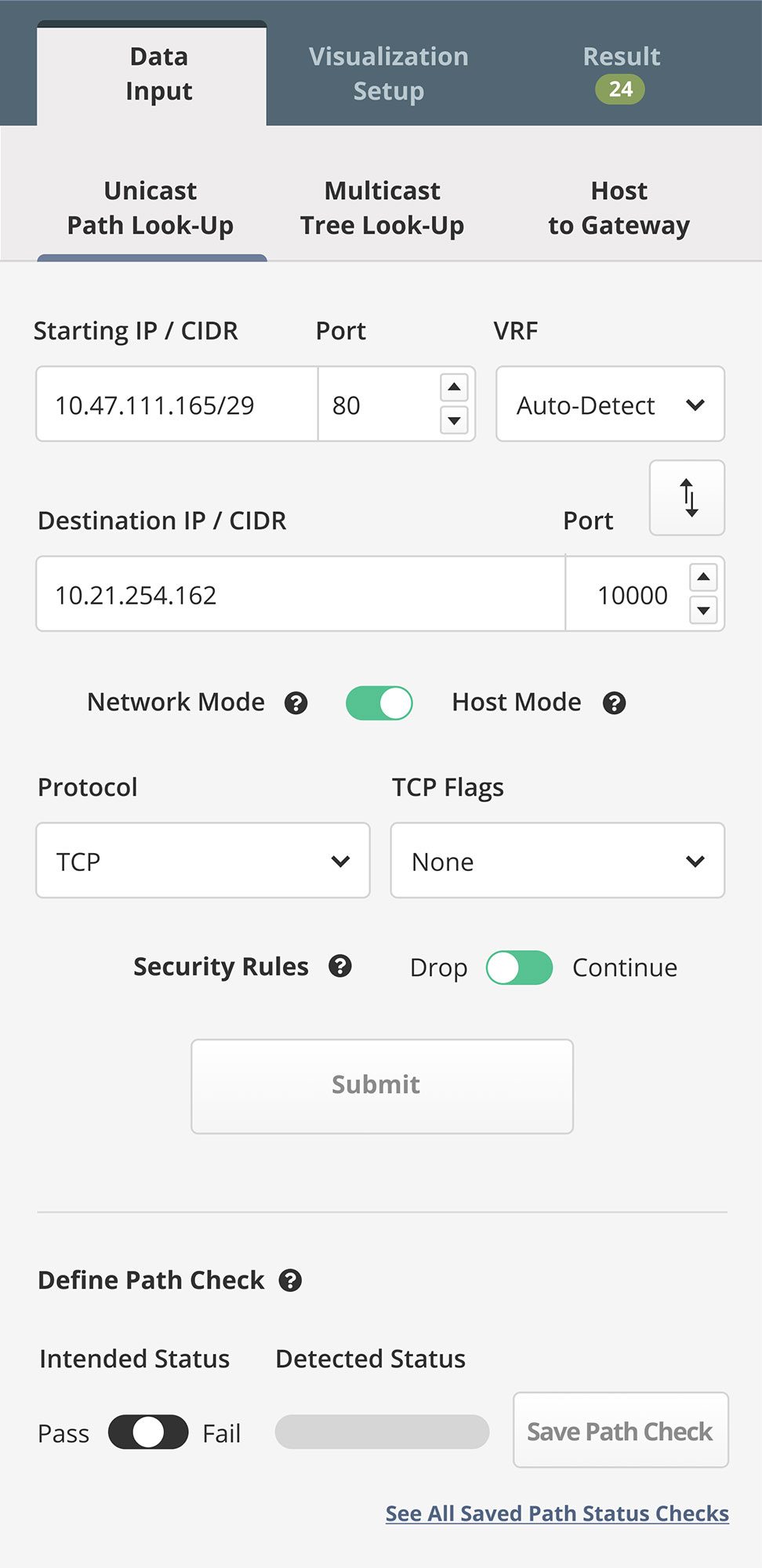Prague-based network assurance services startup IP Fabric has raised $25 million in a Series B funding round. The company provides simplification, automation, and security features to private network operators.
 The $25 million Series B round was led by One Peak with Senovo and Presto Ventures participating and is aimed at strengthening and expanding the company’s market position.
The $25 million Series B round was led by One Peak with Senovo and Presto Ventures participating and is aimed at strengthening and expanding the company’s market position.
While each individual private network may dwarf in relative comparison to the Internet as a whole, when compiled, these networks form the backbone of our modern economy. Everything from airports and factories to public utilities and financial systems is bound to have a not-open-to-the-public network under the hood.
For the vast majority of these networks, at the time of their inception(s), they were most probably relatively easy to manage and maintain. However, with an ever-increasing amount of automation being applied to private networks, so too does the difficulty in understanding and managing them. What an automation says it’ll do on the tin doesn’t always have the desired effect when set loose in the wild.
“Without network assurance we are leaving network resilience to chance,” explained IP Fabric CEO Pavel Bykov. “We've seen how network outages can cause businesses and critical infrastructure to grind to a halt, but amidst rising complexity and the need to ensure control in the face of rising cyber threats while adhering to regulatory compliance, enterprises lack the means to assure operations for their entire network end-to-end.”
This is where IP Fabric steps into (or is that out of?) the spotlight, delivering network assurance solutions that mitigate any risks of network failure or outages.
The API-based platform is capable of discovering, modeling, and visualising complex networks down to the wire, ultimately providing full visibility and control over an organisations’ entire network infrastructure.
"Organisations must act now because building operational control without a validated baseline provided by network assurance will lead to gaps and unknown unknowns which ultimately cause outages and security incidents that impact people, businesses, critical infrastructure, and governments,” concluded Bykov.



Would you like to write the first comment?
Login to post comments